Does your system need a jolt to make you consider opting for an electric car?
Worry not, because here’s 11 reasons you should be driving one - from cheaper running costs, zero road tax and a more pleasurable driving experience.
Sooner or later, and however much you love traditionally-fuelled vehicles, an electric car will be parked outside your home in the not too distant future.
The Government recently announced that no new petrol or diesel driven cars or vans will be sold in the UK from 2030 - as part of a wider ‘10 point plan’ to usher in a green horizon.
All the major car manufacturers have certainly got the message - as they’re flooding the market with more and more fully-electric vehicles.
And if you’re still hesitant about joining the electric revolution, you shouldn’t be - because they come with a whole lot of plus points.
Here’s 11 of them:
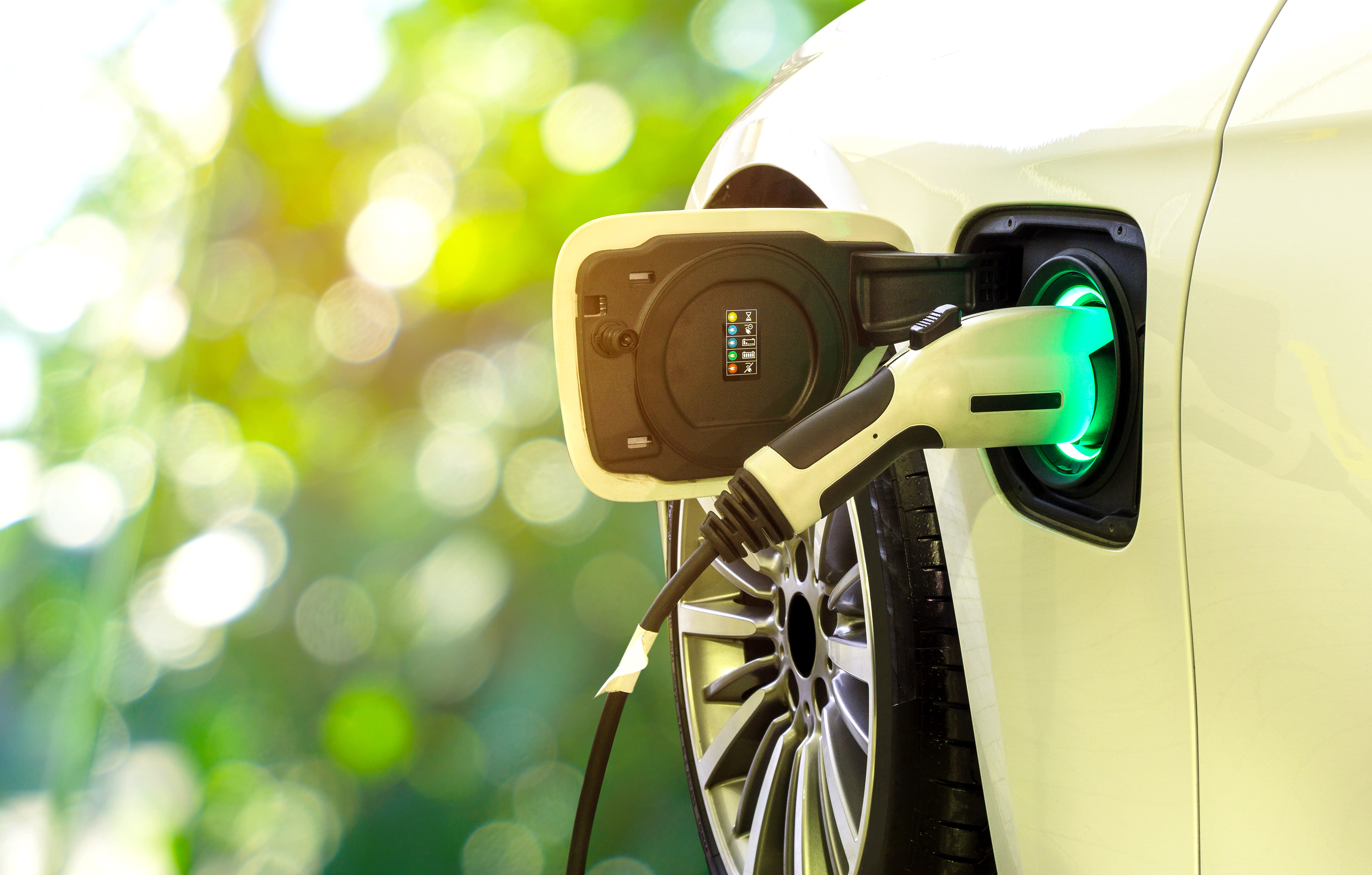
They’re cheap to run
Even when you’ve factored in the cost of charging your car at home, and the impact that might have on your electric bill, you’ll still be quids in. Research by the RAC Foundation suggests that travelling 100 miles in an electric car would cost you around £2.50, or 2.5p per mile. That’s based on an off-peak electricity price of about 9p per kWh, and assuming an electric car will travel 3.5 miles per kWh.
A petrol car, on the other hand, would set you back around £12.50 for a 100 mile trip – that’s £10 more. Extrapolate those stats to covering 15,000 miles per year and you’re looking at a potential saving of £1,500 annually.
You also need to remember that there are Government grants available to help fund your electric car purchase - up to £3,000.

You don’t pay road tax
Fully electric cars are environmentally friendly, with zero tailpipe emissions, which improves air quality for us all. And because of that, all-electric cars are exempt from Vehicle Excise Duty (VED), aka Car Tax, which is calculated based on CO2 emissions.
You don’t pay congestion charges
Electric vehicles are eligible for an exemption from both the London Congestion Charge and the Ultra Low Emission Zone (ULEZ) charge - providing you register with Transport for London (TfL). And remember London’s Congestion Charge is a whopping £15 per day, with the ULEZ fee being £12.50 a day.

And there are other tax incentives
If you’re looking to get an electric vehicle as a company car, there are massive savings to be had when it comes to Benefit in Kind (BIK) costs. For example, an electric Volkswagen e-Golf attracts £55.20 BIK per year for 2021/22. A traditional Golf GT, on the other hand, will set you back £1,392 per year BIK. That’s an enormous difference.
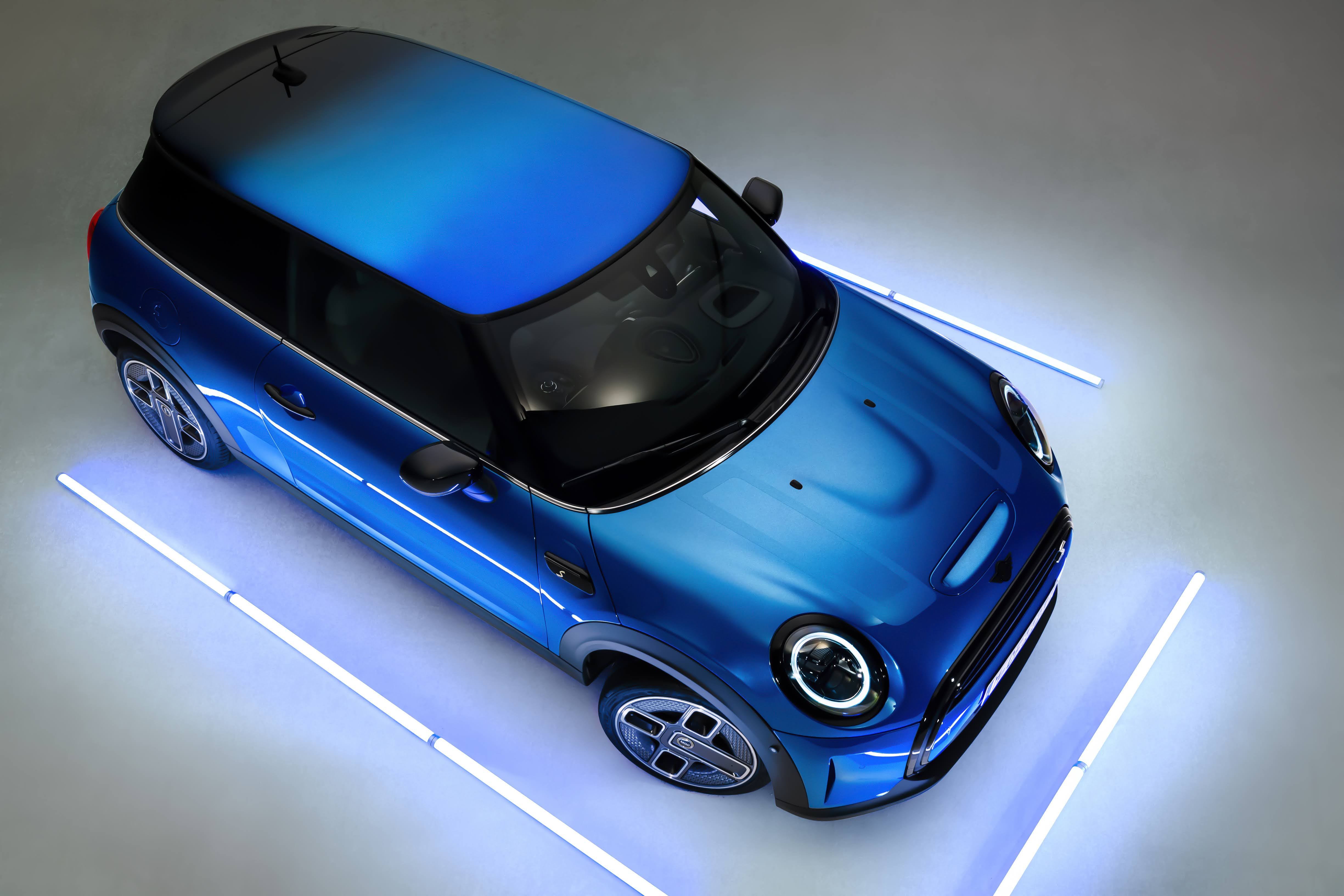
Electric cars offer incredible performance
Don’t make the mistake of thinking electric cars are ponderous and slow - they’re often much, much quicker to accelerate than petrol equivalents because of the way power is delivered. Take the MINI Electric or the VW ID.3, for example. Both sprint from 0-62mph in just 7.3 seconds - which walks all over the regular petrol MINI hatch.
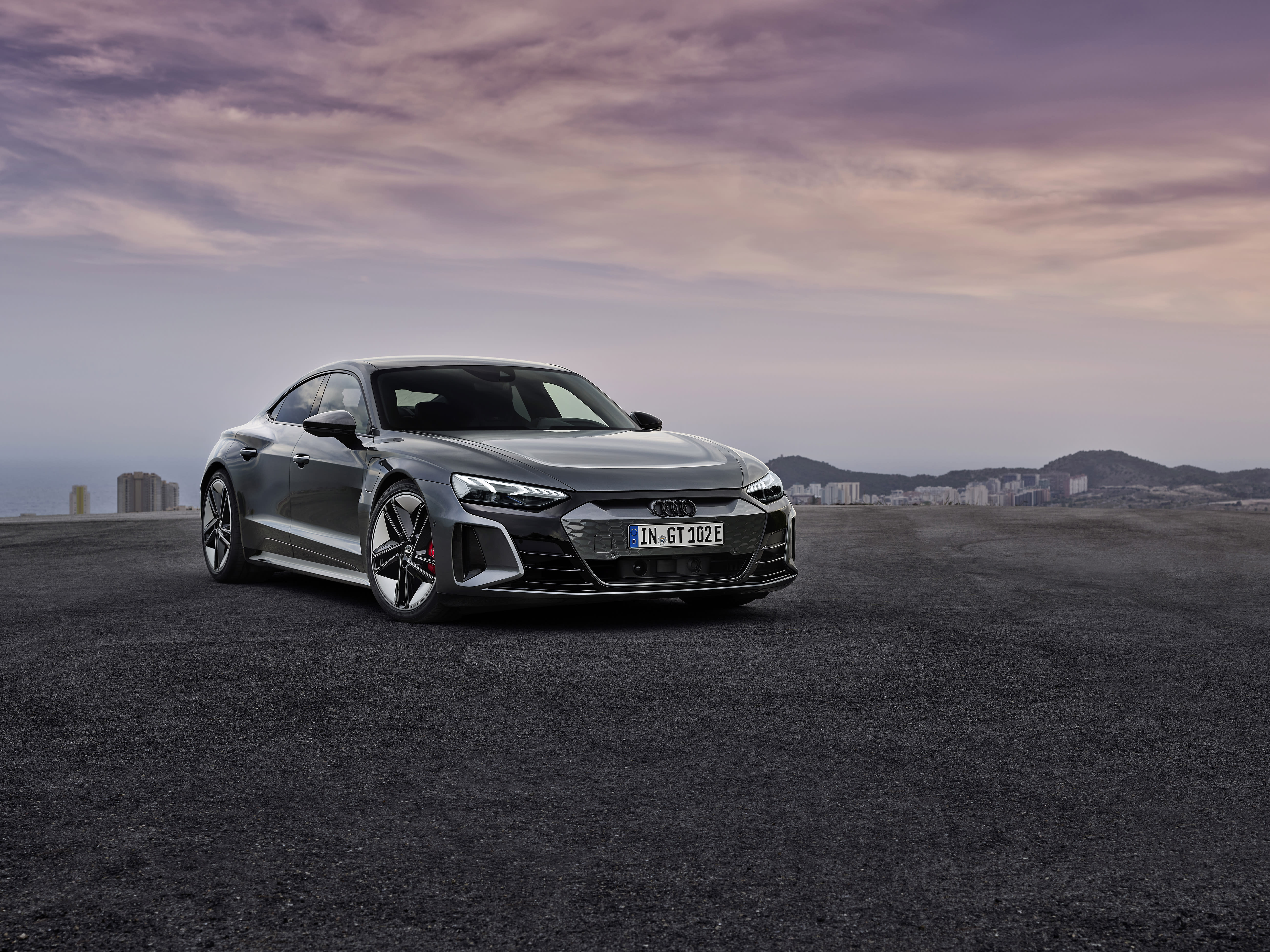
Electric cars are becoming ever more sophisticated and desirable
The pace of progress is rapid - as can be seen by cars recently announced. Just look at the new Audi e-tron GT, an electric super saloon with exotic looks and blistering pace - 0-62mph in just 4.1 seconds.
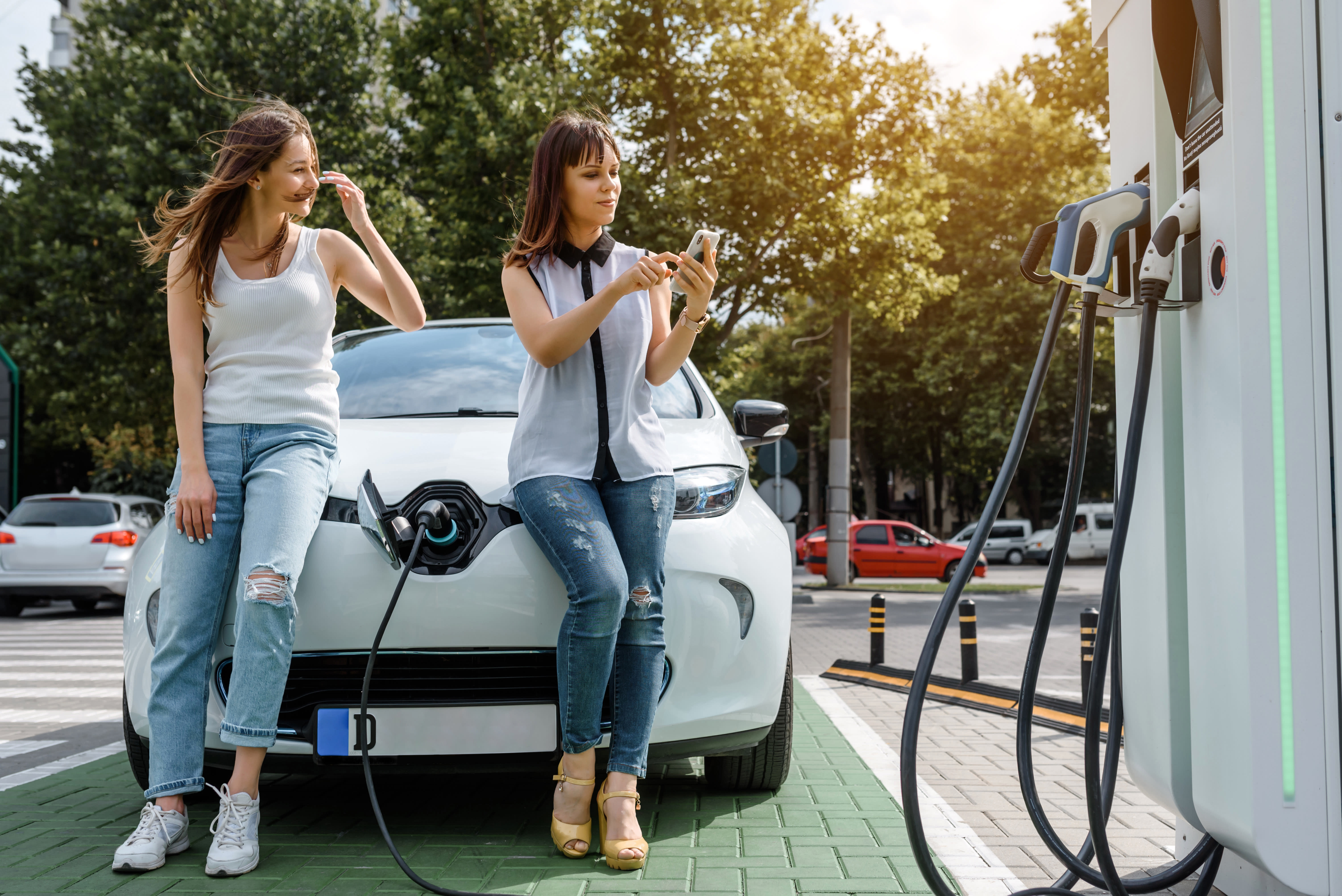
The range of electric cars is also increasing
Radical improvements to battery technology means the potential range of electric cars - the distance they can travel before they need plugging in - has increased enormously in just a few years. When the Renault Zoe first hit forecourts in 2015 it had a range of around 130 miles. Nowadays the Zoe can motor for 245 miles before it needs plugging in. The new VW ID.3, meanwhile, has a range of up to 336 miles - enough to get you from Glasgow to Northampton without needing to stop.

They could take the stress out of driving
The vast majority of electric cars don’t have a clutch or gearbox, and so are naturally automatic. That set-up often takes the stress out of stop-start city driving and commuting. Meanwhile a lot of electric cars have what’s known as ‘one pedal driving’. It basically means the driver doesn't need to touch the brakes to bring the car to a stop - you just lift your foot off the accelerator and, through regenerative braking, the car slows to a stop and then engages the hydraulic brakes to hold you in place.
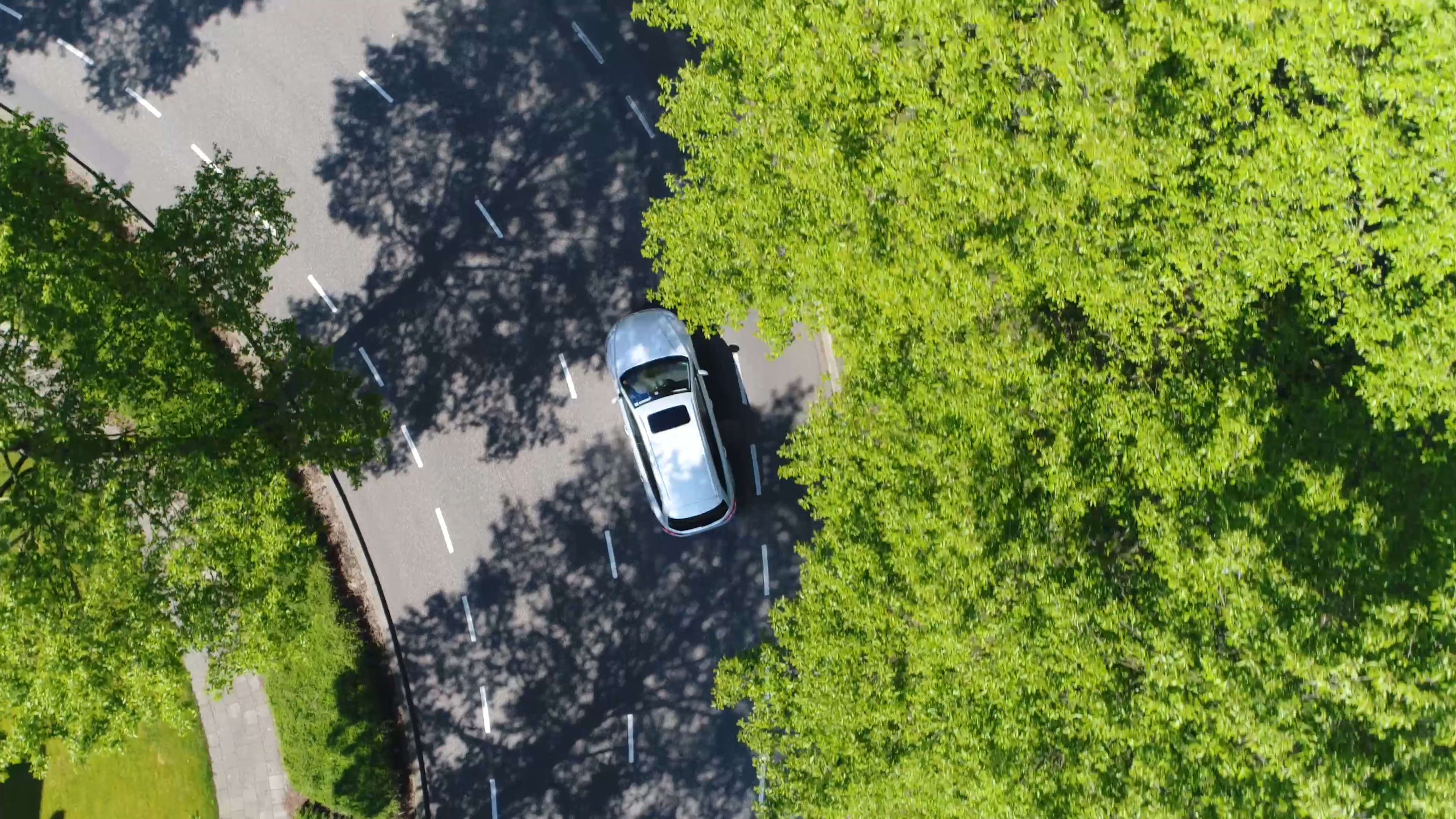
Electric cars handle better, too
Because of the way the battery of an electric car is located along the bottom of the chassis, the weight is carried there, ensuring a low centre of gravity. And that’s important for the way a car handles, with electric cars proving surprisingly planted through the twisties.
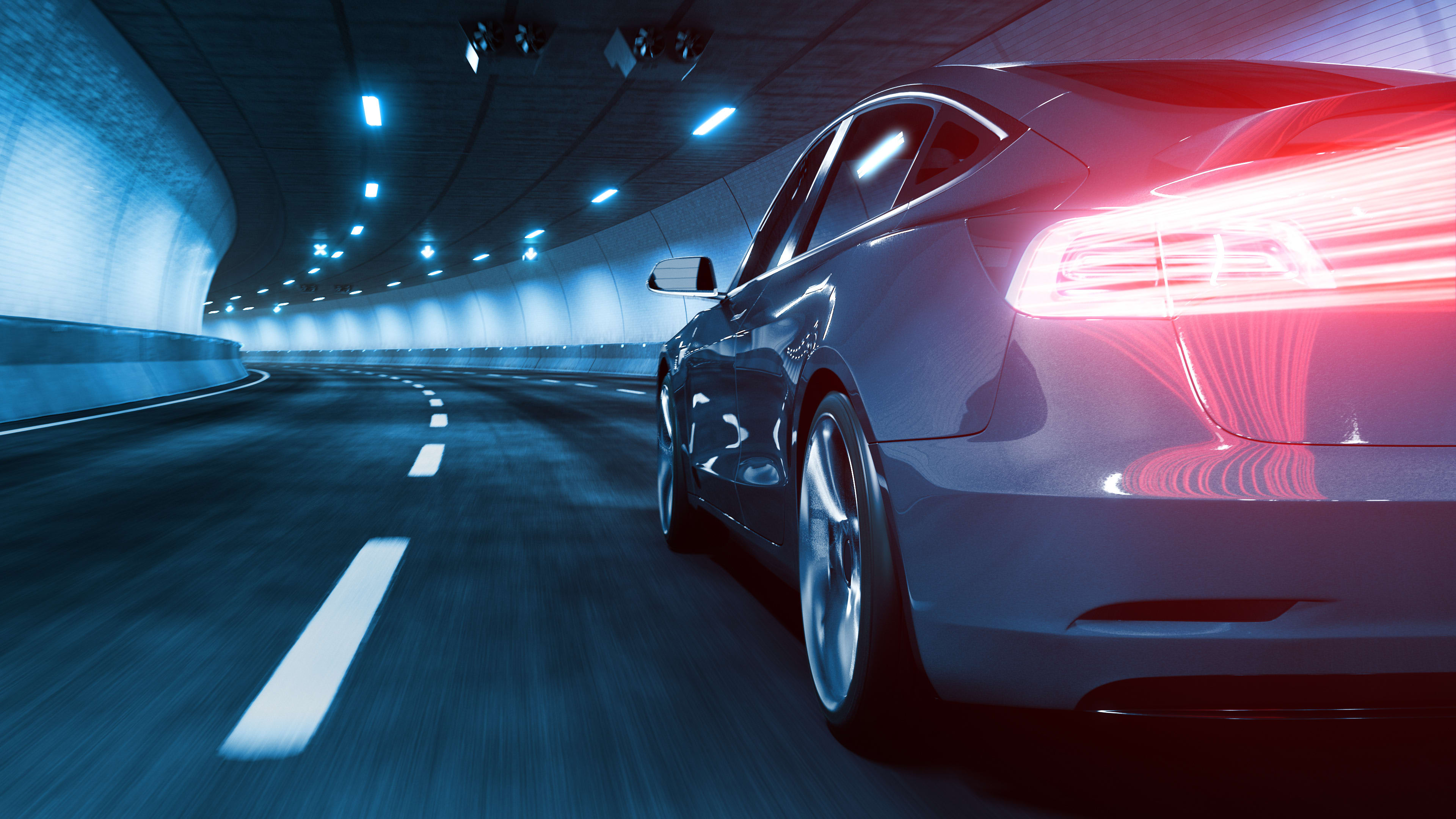
There’s a huge emphasis on electric car safety
Just like ICE (Internal Combustion Engine) cars, electric vehicles are put through their paces by the Euro NCAP crash test system. And this means that in order to get the full five stars, EVs need to come loaded with all the latest driver assistance and safety systems.
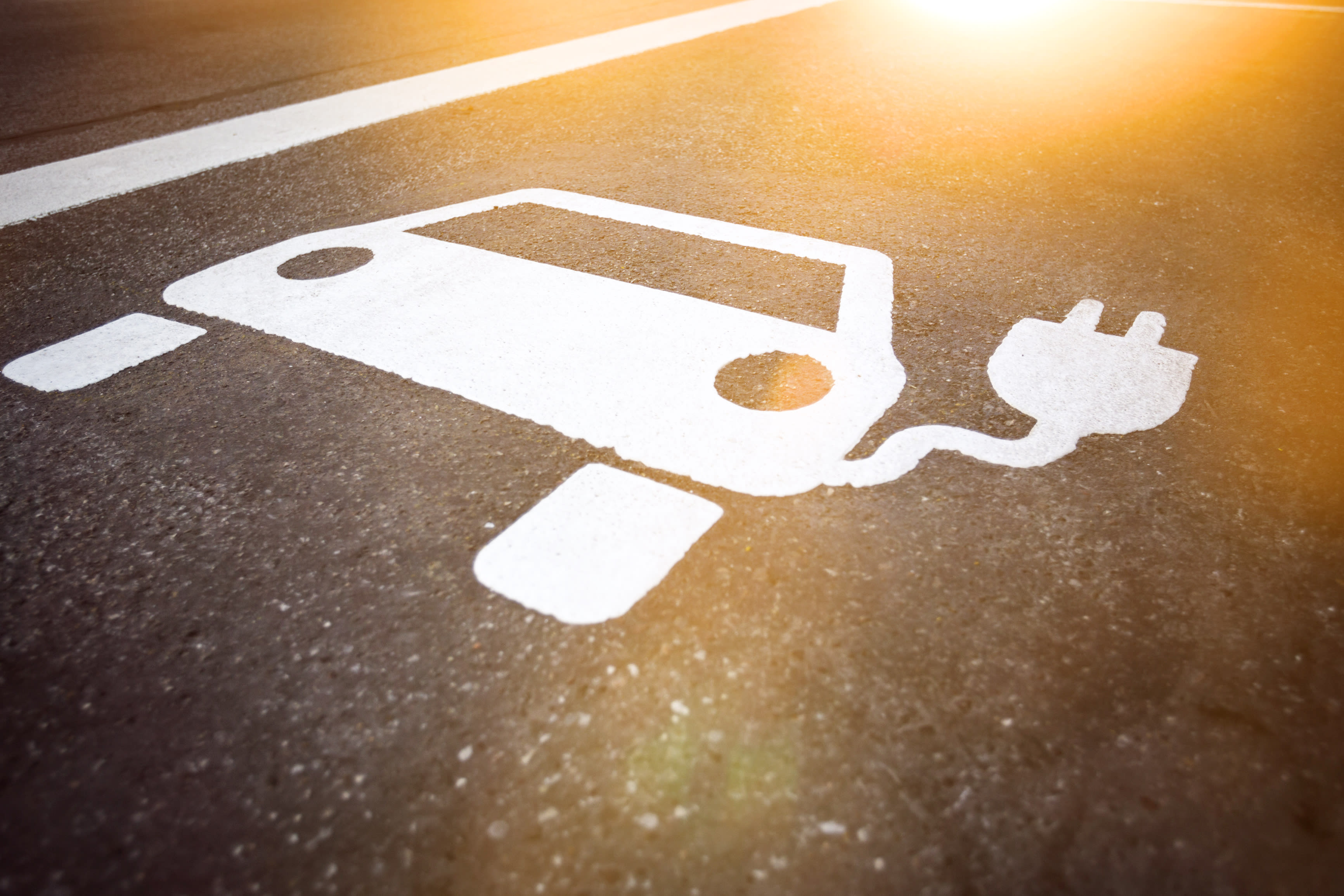
The Government isn’t messing about when it comes to charging points
The number of public charging points is rising at a rate of knots - and that’s largely thanks to a massive amount of investment in the infrastructure. The Government has committed £1.3 billion to accelerate the roll-out of charge points in homes, streets, and on motorways, and says, ‘a driver is never more than 25 miles away from a rapid chargepoint anywhere along England’s motorways and major A roads’. That should offer you some reassurance.















